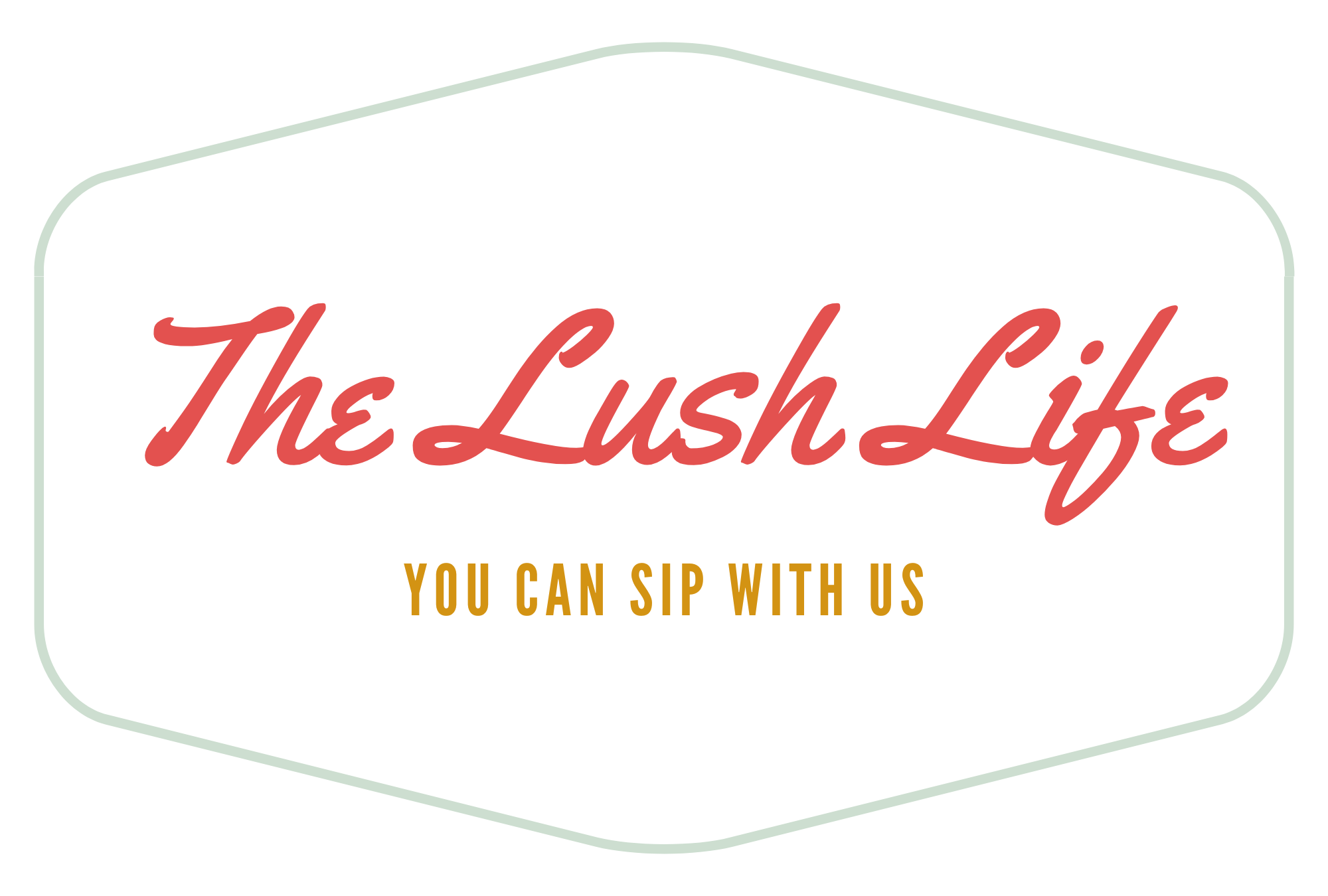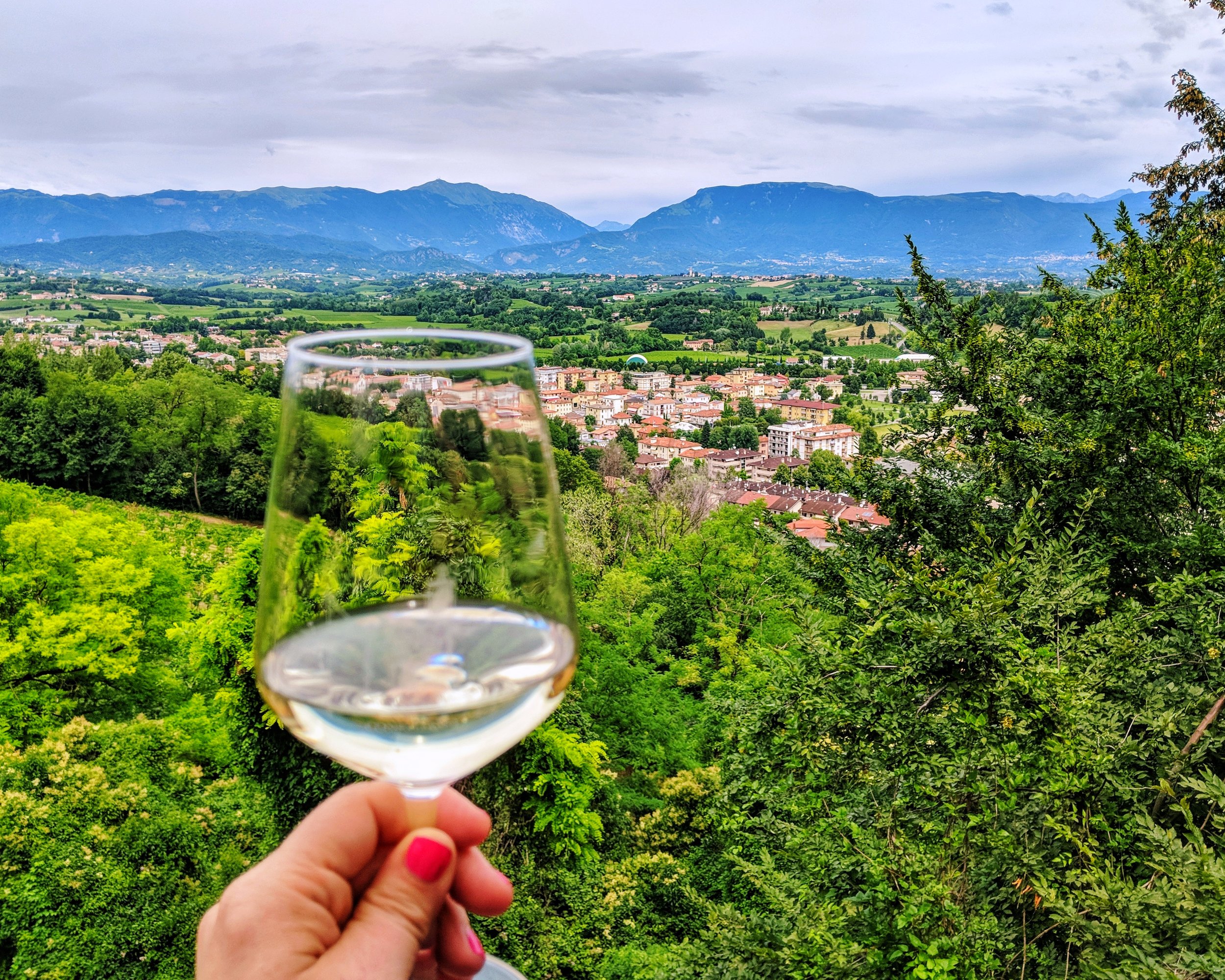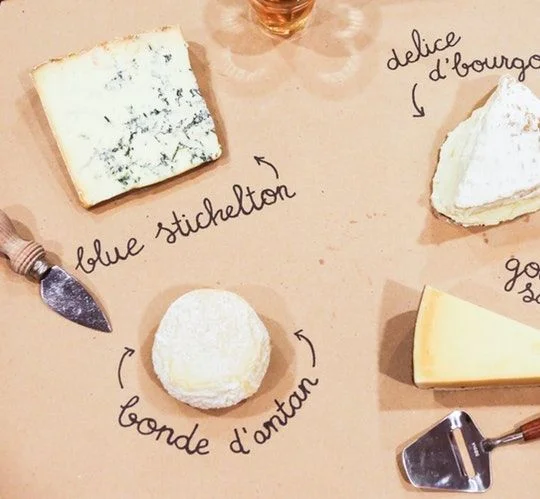This Is Why Your Favorite Wine Tastes Different Every Time
Have you ever returned from a wine tasting vacation completely enamored by a certain wine, only to open a bottle of the exact same wine at home a few months later-- and have it taste completely different? If so, you’re not alone! As a professional sommelier, it’s one of the frustrations I hear about the most from confused wine lovers.
Sometimes they’ve even signed up for regular shipments from a winery because they enjoyed the wines so much in that spectacular wine country setting; but feel like the wines don’t have the same luster when opened on the couch during a Game of Thrones binge.
You’ve actually not crazy if you notice that each bottle is drinking a little differently than the last time you enjoyed it-- wine is a living, breathing thing that’s always evolving, and there are many practical factors that affect how your wine tastes!
Here are 8 reasons why your favorite wine tastes different every time:
1. The wine has aged since you tried it last time
Even a few more months in the bottle can mean the wine has transformed a bit. Wine is made of organic matter that’s never ‘frozen’ in time… it’s constantly getting ‘riper’ due to a phenomenon called micro-oxygenation. I like to compare wine to an avocado: evolving more every second, until it reaches the perfect ‘peak’ of ripeness-- in the case of an avocado, you know you have mere minutes to catch it at the perfect time! But, it doesn’t stop there: once it peaks, it begins to quickly decline and it doesn’t stop its journey until it’s completely decomposed. The point is: wine has much more in common with a piece of produce than a bottle of soda or beer. Every moment it ages, the taste is slightly different even though it might not be perceptible right away. So if you taste a wine after 3, 6, 9 months or longer, it’s not the ‘same’ wine you initially fell in love with. It’s evolved into something a little different!
2. You’re not drinking it at the same serving temperature you did before
Serving temperature makes a HUGE difference in the taste of a wine- in my opinion, it’s actually one of the biggest factors in your perception of flavor. A cooler wine is less expressive; the flavors (as well as the perception of alcohol) can be muted, and tannins will feel tighter and more astringent on your tongue. This is why the taste of your wine can even change as you drink it: it’s getting warmer the longer it sits in your glass. If you try it at a different temperature than you had before, it will be profoundly different!
Proper serving temperature isn’t an exact science, it depends on the wine-- but this infographic from Wine Folly is a good starting guide.
3. You’re drinking out of different glassware
Glassware can definitely change your perception of a wine! Certain shapes and styles of wine glasses are designed to direct the wine across your palate in a different way, and have different ways they encourage oxygen to interact with the wine and aroma to float up out of the glass. A fun experiment is to pour the same wine into 2 different glasses, and taste them side by side: can you tell a difference? Learn more about glassware here.
4. The wine was transported or stored in less than optimal conditions
Unfortunately, once the wine leaves the winery, it’s hard to control the conditions it’s shipped in! If the cases were stored at too high a temperature at a warehouse or shop, or abused in transit, the taste of the wine can be affected. Make sure you’re storing the wine the right way once you get it home! Learn how to store wine here.
5. Your memory of tasting it has affected your perception of the wine
This is huge! So much of the experience of drinking a wine is affected by your environment: the scenery, the music, the company. Often I have people tell me they enjoyed an amazing wine on their honeymoon on an incredible terrace underneath the stars in Tuscany. Then, when they drink the same wine at their kitchen table in front of CNN, they swear it can’t be the same wine. Well, it is the same wine! It’s just the experience that’s different.
6. Your body chemistry has changed
Have you ever changed your mind about a certain food? Brussels sprouts come to mind-- very few children will eat them, but they’re on the menu at pretty much every trendy restaurant… somewhere along the line, as your palate matures and your body chemistry also changes, flavors that may have been off-putting at some point may suddenly be appealing. The opposite is also true!
7. Your palate was affected by food, environment, or your own physical conditions
Your palate is dynamic! That means, what you taste is also affected by the thing you tasted directly before. Orange juice tastes different right after brushing your teeth, and everything tastes more bitter directly after you taste something super sweet. Also, your palate is affected by your physical condition: if you have a cold, or are hungover, or are tired, our sensory systems function differently -- even the time of day can change the way we perceive flavor. Check out food scientist Ali Bouzari’s fascinating explanation of flavor here.
8. The bottle was ‘off’
SO, unfortunately this can happen! The wine can be ‘corked’, oxidized, heat damaged, and more. These faults can be subtle or very pronounced- but a flawed bottle will definitely not be the same drinking experience as a pristine one! Learn how to tell if your wine is bad here.
So, now that we’ve covered why your favorite wine is always different, what to do about it? My advice would be: don’t fight it, rather- embrace it! The fact that every single bottle is a unique experience is actually one of the most special things about wine. The more you know and understand about it, the more comfortable you’ll be exploring and even geeking out about those nuances. Wine is an adventure that’s never the same twice, and that’s part of the fun.





